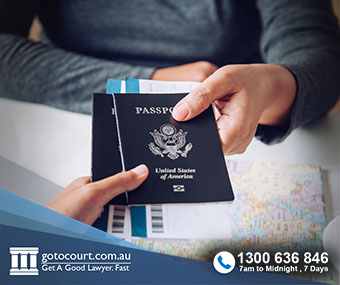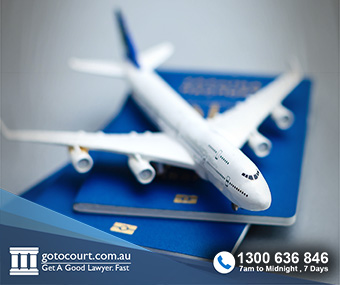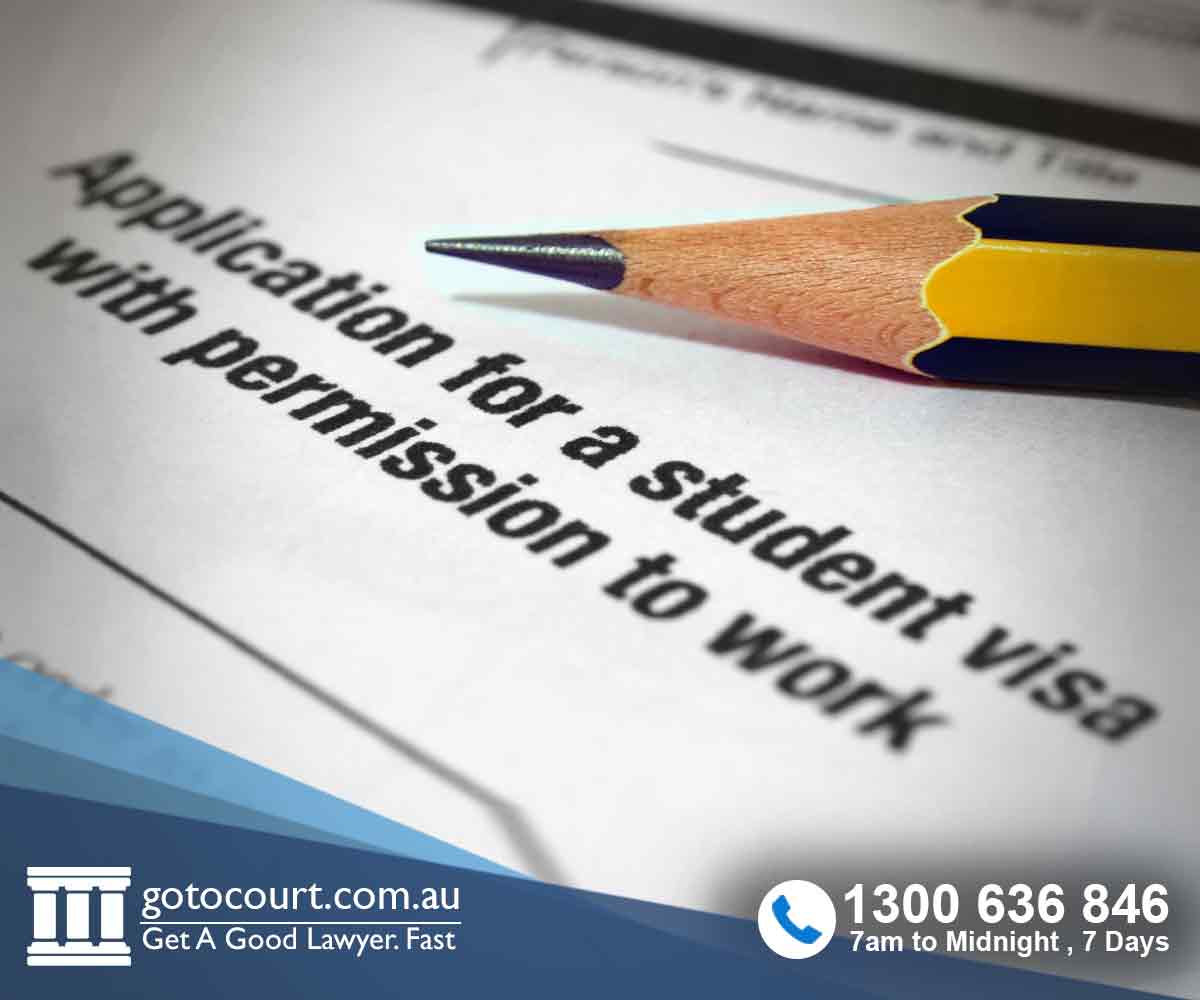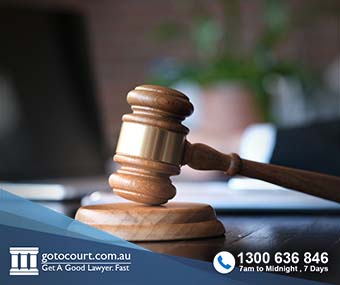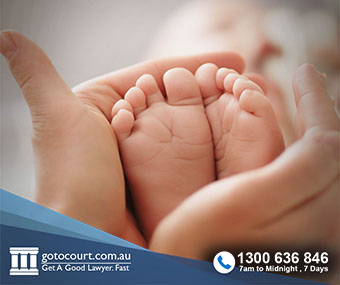Uluru Statement From the Heart
Uluru Statement From the Heart
The Uluru Statement From the Heart is an Indigenous consensus position that resulted from an Aboriginal and Torres strait Islander Referendum Convention held in 2017. The Convention sought to come to an agreement about an approach to constitutional recognition and to arrive at a basis for dual and complementary sovereignty between Indigenous and settler people.
The Uluru Statement was the culmination of 13 Regional Dialogues held in various locations around Australia. It came about after many decades of Indigenous struggle for recognition and a stronger voice in politics.
What does the Uluru Statement from the Heart say?
The Uluru Statement sets out mutual recognition of the folllowing facts and principles:
- The sovereignty of Aboriginal and Torres Strait Islander people was never ceded;
- Indigenous people possessed the land for 60 000 years;
- Substantive constitutional change and structural reform are needed so that this ancient sovereignty can shine through as a fuller expression of Australia’s nationhood;
- Indigenous people are the most incarcerated on the planet. Our children are alienated from their families and obscene numbers of youth are in detention. This is the torment of our powerlessness.
- We seek constitutional reform to empower our people. When we have power over our destiny our children will flourish.
The statement seeks:
- The establishment of a First Nations Voice in the Constitution
- A Makarrata Commission to supervise agreement-making between governments and First Nations and truth-telling about history
You can read the full text of the Uluru Statement here.
First Nations Voice to Parliament
The Uluru Statement seeks a constitutionally guaranteed voice for First Nations People. This would ensure the voices of First Nations people be heard when decisions are being made about their rights and interests. Such a constitutionally guaranteed voice would be different from the Indigenous bodies that have been set up in the past under legislation, as these have been easily dismantled when political priorities have changed.
A First Nations Voice to parliament would consist of an Indigenous advisory board that would have input into laws and policies relating to Indigenous affairs. The Referendum Council suggested that the First Nations voice should have members selected by First Nations people and not by governments.
To guarantee such a voice in the constitution would require a referendum.
Makarrata Commission
Makarrata is a Yolngu word that means two parties coming together to heal the wounds of the past. The Uluru Statement proposes the establishment of a Makarrata Commission to oversea the development of treaties between First Nations and Federal and State governments. It would serve to facilitate agreement-making processes and truth-telling about history. Similar commissions have been established in numerous other countries.
The establishment of a Makarrata Commission would not require a referendum.
Declaration of Recognition
The Referendum Council recommended the enactment of a Declaration of Recognition. This would be a symbolic statement enacted in legislation and would express Australia’s shared history, heritage and aspirations. It would bring together our Indigenous heritage, our British institutions and our multicultural society.
A Declaration of Recognition would not require any change to the constitution.
Why a treaty?
British settlers did not enter into a treaty with Australian Aboriginals as they did with the Indigenous peoples of New Zealand and North America. Australia denied the existence of Indigenous sovereignty, maintaining that Indigenous peoples were too primitive to warrant recognition. The sovereignty of the Crown was brought about by force and continues to be maintained by a majority settler population.
A treaty – or more realistically, multiple treaties with the diverse Indigenous peoples of Australia – would be agreements between two sovereign bodies about how the settlers can share in the resources over which the Indigenous peoples hold sovereignty. A treaty entails guarantees, responsibilities and obligations, similar to a contract. A treaty would turn the relationship between coloniser and colonised into a relationship of host and guest. The parties to a treaty are equals. There are protocols and laws that protect the parties and sanctions apply when a party dishonours their obligations.
Indigenous activists have long been calling for a treaty, but such demands have often been viewed as extremist. Supporters of a treaty say that it is the only way the presence of settlers can be legitimised and a moral and legal foundation for nationhood (and with it, protections of the rights of Indigenous people) can be established.
Advocates of a treaty say that it would be a step towards decolonisation and would establish the moral and legal agreements that should have been the foundation act of settlement. Opponents of a treaty say that there is no evidence that it would improve the lives of Aboriginals in any meaningful way and that it diverts attention from more immediate social issues facing Indigenous people. Other opponents of the treaty path, including Tony Abbott and John Howard, argue that it would derail the push for constitutional recognition and fail to gain widespread support.
Responses to the Uluru Statement
A criticism sometimes made by Indigenous activists of the Uluru Statement is that it is contradictory to obtain constitutional recognition from a settler people which does not have the right to constitute itself as a sovereign power. This right could only come from treaties.
In October 2017, Malcolm Turnbull confirmed that cabinet had rejected the Uluru Statement’s proposal of a First Nations voice to parliament, saying it was undesirable and would not win acceptance at a referendum. Cabinet also rejected the proposed Makarrata Commission. The government stated that it remained committed to finding ways to strengthen local voices and empower local people.
The Uluru Statement continues to be cited by activists as encapsulating the reforms needed to begin structural change.
If you require legal advice or representation in any legal matter please contact Go To Court Lawyers.

Affordable Lawyers
Our Go To Court Lawyers will assist you in all areas of law. We specialise in providing legal advice urgently – at the time when you need it most. If you need a lawyer right now, today, we can help you – no matter where you are in Australia.How It Works




1. You speak directly to a lawyer
When you call the Go To Court Legal Hotline, you will be connected directly to a lawyer, every time.

2. Get your legal situation assessed
We determine the best way forward in your legal matter, free of charge. If you want to go ahead and book a face-to-face appointment, we will connect you with a specialist in your local area.

3. We arrange everything as needed
If you want to go ahead and book a fact-to-face appointment, we will connect you with a specialist in your local area no matter where you are and even at very short notice.

